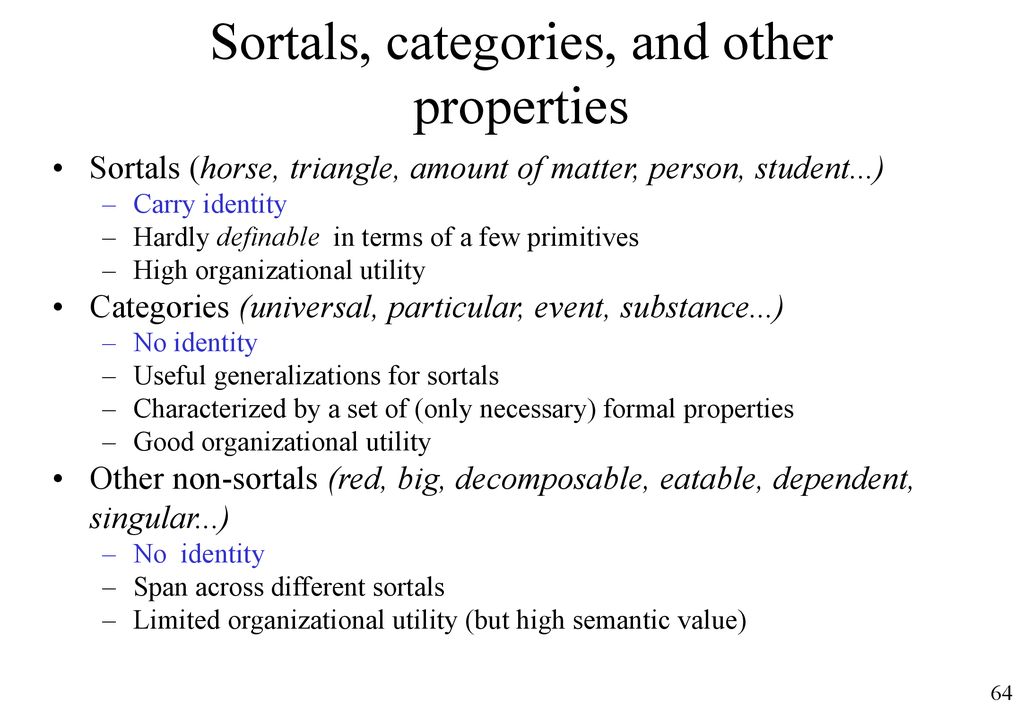
Ethical theorists may sometimes engage in “persuasive definition”: re-defining an evocative phrase for their own purposes, in a way that their opponent will reasonably regard as inaccurate and unfair. Two examples that always annoy me are “treating someone as a mere means” and the “separateness of persons”. Opponents of consequentialism all too often trot out these phrases to indicate deep flaws in consequentialism. But it only works for them if they first redefine these terms to mean something that has nothing to do with the literal meaning of treating someone as a mere means or the separateness of persons. You might as well redefine “terrorist” to denote adherents of the opposing views, and then complain that your opponents are all terrorists. It’s dishonest rhetoric, and ought to be avoided. In this post, I’ll explain my two examples, and why I consider them so misleading. Others are welcome to comment with other examples — especially any that you think consequentialists may be guilty of!Treating someone as a mere means (rather than as an end in themselves) would violate the moral datum that each person has final (non-instrumental) value. That sure would seem a straightforward moral blunder. But Kantians redefine the phrase to instead mean something like acting upon someone without their consent. Of course, it’s fine to try to argue for the view that acting upon someone without their consent is incompatible with according them final value. But such an argument is obviously going to be incredibly contestable, and so it will be question-begging in the worst sort of way to rely upon such a conclusion without argument in stating one’s basic objection to other views. What’s in dispute is not whether it’s okay to treat people as “mere means” (nobody endorses that!), but whether acting upon someone without their consent has this further feature (or is otherwise seriously. . .
News source: Philosophy, et cetera
Post Views: 260







